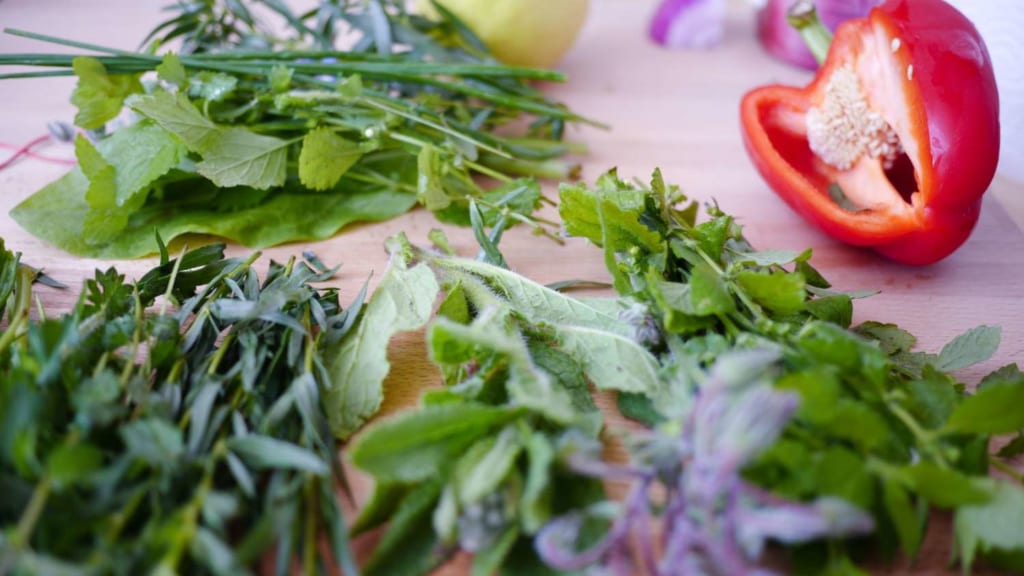Effective moisturizing
View more
Protection against contamination and damage
Vegetables can be contaminated by many things, such as bacteria, dust, and pests. As a barrier, plastic bags keep these outside elements in contact with your vegetables. The tight sealing of the bag reduces the possibility of cross-contamination and ensures that your product is safe to consume. Plastic bags help extend the shelf life of vegetables and maintain their nutritional value by reducing their exposure to contaminants.
Read morePractical Tips For Using Plastic Bags To Store Vegetables
Choosing Appropriate Bag Sizes and Types
To ensure ideal storage conditions, it’s crucial to choose the proper bag sizes and types when using plastic bags to store vegetables. Choose bags that offer enough space for the vegetables you typically store without packing them too tightly. Freshness can be preserved by using different-sized bags for individual portions and bulkier vegetables.
Also, take into account the kind of plastic bag you’re using. Look for bags made specifically for storing food, as they frequently contain materials that are suitable for contact with food. These bags typically offer better protection for your vegetables because they are thicker and more sturdy.
Read moreMaximizing Shelf Life through Proper Storage Techniques
When storing vegetables in plastic bags, it is important to use the right method to extend their shelf life. Here are some suggestions to keep yours fresh:
Vegetables should be stored in perforated plastic bags as they allow better air flow, which helps reduce further moisture build-up and inhibits the growth of mold or bacteria. These bags are made with small holes that allow air to circulate while still acting as a protective barrier.
The vegetable compartment in your refrigerator provides a controlled environment with higher humidity, which is ideal for storing most vegetables. Plastic bags containing vegetables must be tightly sealed to prevent odor transfer before being placed in the vegetable compartment.
Avoid overfilling: Putting too many vegetables in a plastic bag at once can cause moisture to build up faster and spoil faster. Provide enough space for each vegetable so that air can circulate around it, reducing the chance of rotting.
Regularly inspect and discard any spoiled vegetables: Regularly inspect vegetables in stock for signs of spoilage. To prevent mold or bacteria from spreading to other vegetables, immediately discard any vegetables that appear to be starting to rot.
By following these practical tips, you can effectively use plastic bags to preserve vegetables and prolong their freshness and quality.
More about



